Last Updated on 2025-08-06 by a-indie
I started writing the music media BELONG, and even before that, a music blog, in March 2010—now more than 15 years ago.
The first music magazine I picked up was “Rockin’ On.”
I still vividly remember that it featured Bloc Party at the time when they had released their second album.
Yoichi Shibuya, the founder of that magazine “rockin’on” and a leading figure in Japanese music journalism, has closed the curtain on his life.
What is the Role of a Music Writer?

Text: Tomohiro Yabe Tools Used: Claude, Manus, genspark Editor: Tomohiro Yabe
Originally, I was planning to write a continuation of the Christian culture series, but triggered by Yoichi Shibuya’s passing, I want to discuss something I’ve been thinking about for a while—the role of the “music writer.”
Receiving the news of his death made me reconsider the meaning and value of writing about music.
While cherishing the path he paved for us, I want to honestly think about what music writers can do in today’s era, as someone who simply loves music.
To be honest, when I started reading “rockin’on,” Yoichi Shibuya’s articles rarely appeared, so I don’t know much about him personally.
However, there’s no doubt that he was the person who established the profession of “music writer.”
When I encountered the news of his death the other day, the first thing I felt was that the profession of “music writer” had reached a turning point.
Why I Became a Music Writer

Once, we relied on writers’ words to seek out unknown music.
Artist stories told in interviews, clutching albums praised in reviews as we headed to the register.
The experience of reading liner notes thoroughly, imagining lyrics and artist stories, then listening to albums carefully.
There, between artists and us listeners, there certainly existed writers as reliable “translators.”
I was drawn to that role and started writing a music blog.
Not satisfied with that, I attended music vocational school and even took Shino Okamura’s writer course.
Fifteen years ago, SNS and YouTube weren’t as widespread as they are now, so hearing directly from artists or asking them questions was a very precious experience.
Therefore, the music information accumulated by knowledgeable writers was extremely attractive.
Why “Writing” Alone No Longer Reaches People

But times have changed.
Now, artists speak directly to fans in their own words through social media.
They stream recording sessions in real-time and answer fan questions on the spot.
Artists write their own liner notes or talk about music that influenced them on their own YouTube channels.
While running a music media outlet, I’ve constantly wondered whether there’s any need for third-party intervention anymore.
Of course, the value of sharply written reviews or interviews that deeply explore an artist’s humanity hasn’t disappeared.
But is that really enough? Can we truly say we’re supporting artists’ activities?
I can’t count how many times I’ve asked myself, “Am I really helping the artist?” while uploading interview articles.
Information overflows, and what fans seek has shifted from “information” to “experience”—I’ve felt this painfully many times.
Reflecting on this, Yoichi Shibuya showed great foresight when he launched the music magazine-sponsored rock festival “ROCK IN JAPAN FESTIVAL.”
From Writer to “Music Planner”—The Future
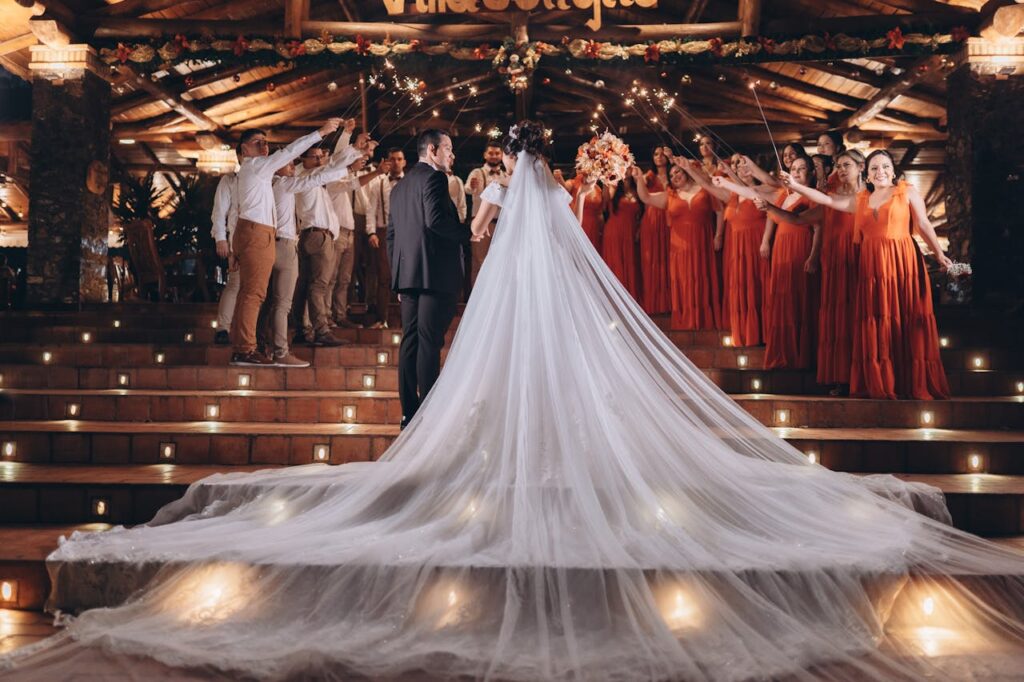
Artists Are the Stars, We Prepare the Best Stage
So, are “music writers” no longer needed?
No, that’s not the case.
We should shift from being “people who write” to “people who design experiences.”
That’s the new role I call “music planner.”
Creating “Experiences” Likened to Wedding Planners
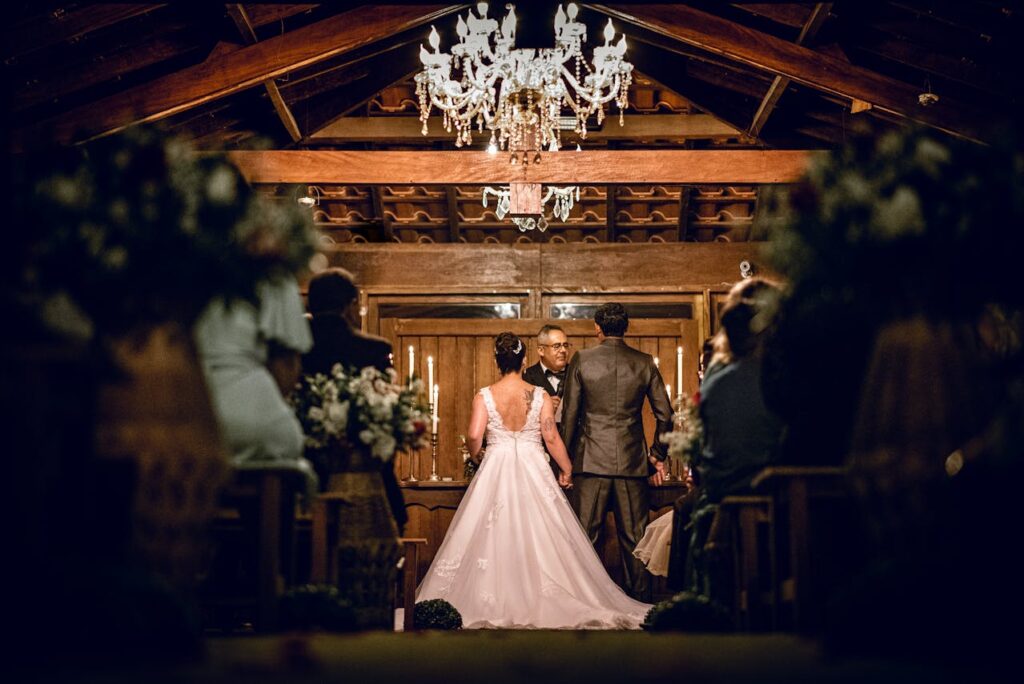
Having worked in the bridal industry for nearly 10 years, the most fitting analogy I can give is that of a wedding reception bridal planner.
(Incidentally, my job was the very unusual one of consulting with bride and groom about the BGM they wanted for their reception)
The artists are the stars (bride and groom), and fans are the guests.
We “music planners” listen more deeply than anyone to understand what feelings the star artists hold,
and plan and execute the best “experience” that will move all listener-guests to say “I’m glad I participated.”
For example, in the “Online Analog Listening Session” we recently planned, we didn’t just listen to the artist’s analog records together,
but shared a special experience with listeners by screening a video message from the artist’s Goddess, Fay Milton.
While I feel such special shared experiences are necessary in today’s era, what shines in getting people to participate in these experiences is the greatest weapon of “music writers”—research ability and writing skills.
These are undoubtedly powerful tools for promoting those “special experiences” more attractively or verbalizing concepts, but it’s better to think of them not as the purpose but as “means.”
Becoming a “Music Planner” Starting Tomorrow

Starting Shared Experiences from a Small “Venue”
It might sound like a big undertaking, but it’s not difficult to start.
First, have your own “venue.”
It could be a Discord server or a LINE open chat.
In our case, we’re currently aiming to create new venues in the digital space of Discord, but performing as a DJ or hosting live events with artists at live houses or bars would also be good.
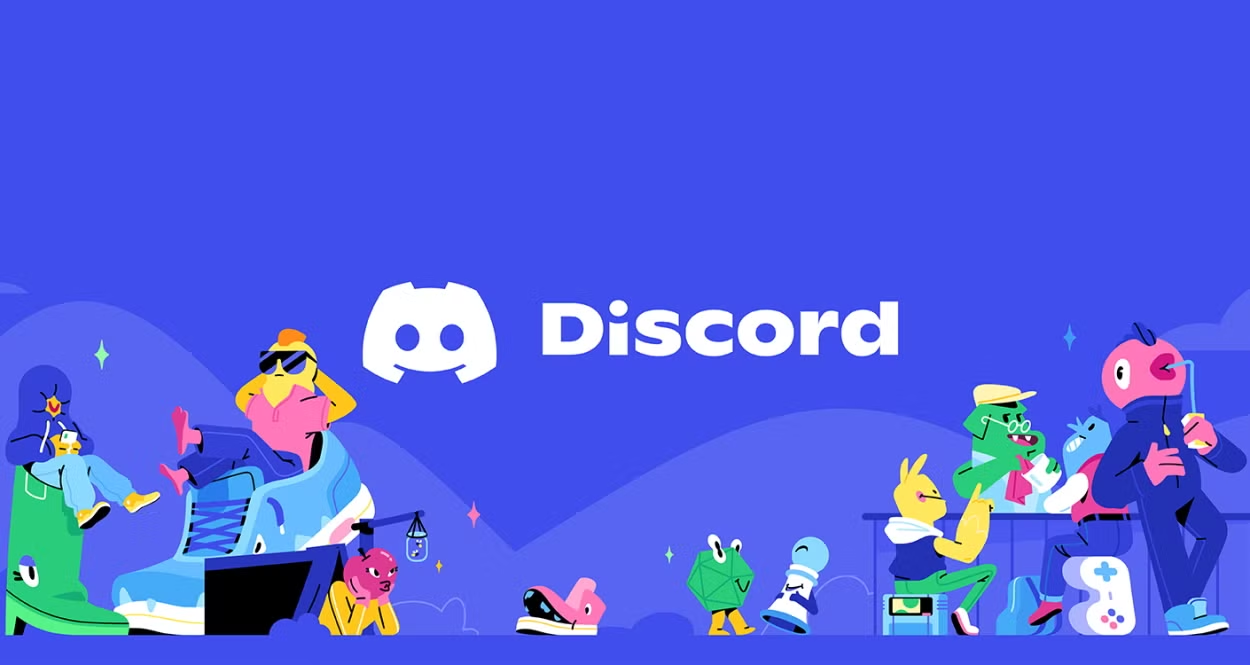
Join Discord
Start by gathering enthusiastic fans (future guests) in a place you can control yourself, rather than on the playing field of others’ social media algorithms.
Then, in that small “venue,” plan release parties for new works or hold simultaneous viewings of new music videos.
Those “shared experiences” truly connect artists and listeners.
Previously, magazine-sponsored live events and DJ events could create “special experiences,” but I want to emphasize that this can now be done in digital spaces as well.
Beyond Articles—”Promises for the Future”
And we writers should make our media and social media function like “Zexy” used for venue searching.
The articles we write are not mere work introductions.
Let’s think of them as “invitations” to the best “experiences” (releases, tours, release parties, etc.) that await beyond.
“If you’re interested after reading this article, please come to this ‘venue (event).’ More special experiences await you there.”
In this way, we connect articles that were once points into lines, creating experiences for fans and artists.
Toward a New Era
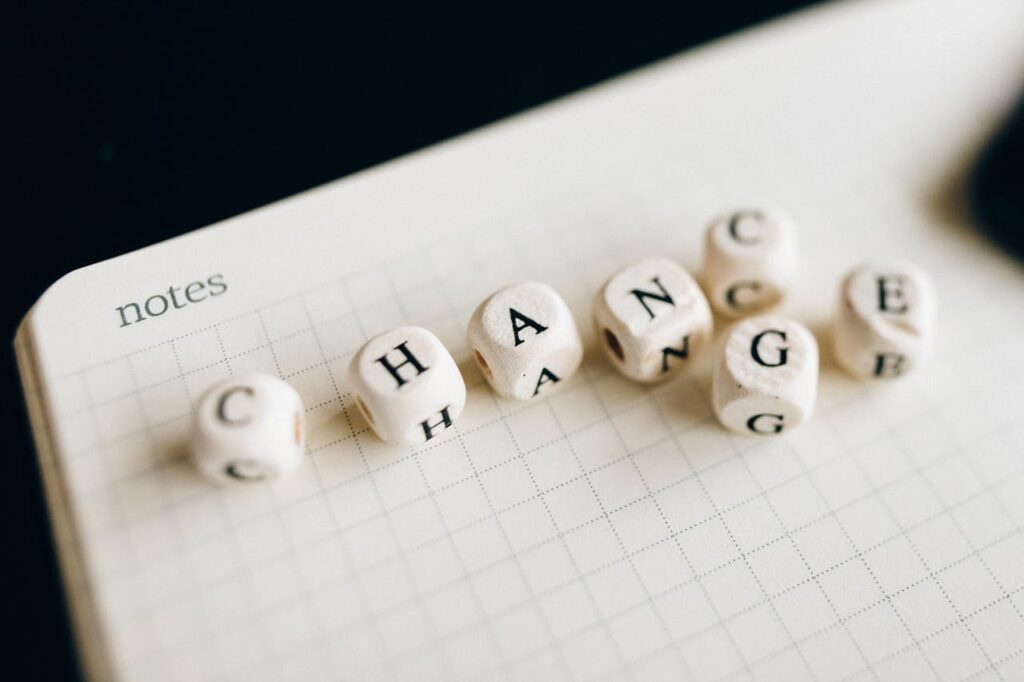
To Music Writers
And to those currently active as music writers, I want you to actively embrace this “change” in role and consider it an opportunity to shift toward becoming “music planners.”
I myself feel confused by this change and sometimes want to resist it.
However, for the music we love, for those who love it, and for artists who continue their musical activities, we need to change.
I want to view Yoichi Shibuya’s passing not as an end, but as a new beginning for the role of “music writer.”
Everyone involved in the music industry should see this change as an opportunity and transform into more valuable beings.
By doing so, we should be able to deliver the true power of music to more people.
How will you receive this change?
Look forward to next time!
BELONG Media/A-indie Editor-in-Chief
Tomohiro Yabe
Writer: Tomohiro Yabe(yabori)
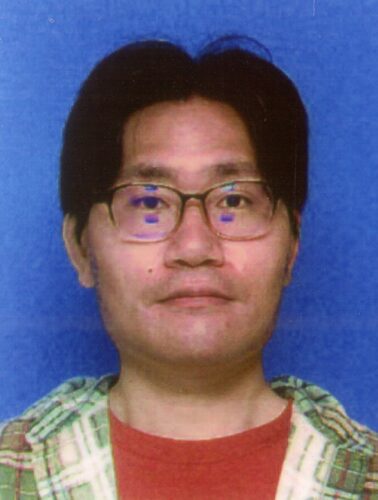
Editor-in-Chief of BELONG Media/A-indie. Since 2010, he has been writing “Timeless Masterpieces,” the music blog that became the predecessor to BELONG. After writing for “only in dreams” hosted by Masafumi Goto, vocalist of ASIAN KUNG-FU GENERATION, he majored in music business at a music vocational school. He has been writing about Japanese and international music for over 10 years. Previously, he worked at a music CD rental shop with over 100,000 album titles, handling garage rock, psychedelic rock, and Japanese indie rock. Drawing on these experiences, he published 26 issues of the music magazine “BELONG Magazine” themed around “roots rock.” Currently, he writes articles based on SEO strategies learned at a web production company. His hobby is watching “Fortune Appraisal! What’s This Worth?” Articles he has written are available here Twitter: @boriboriyabori

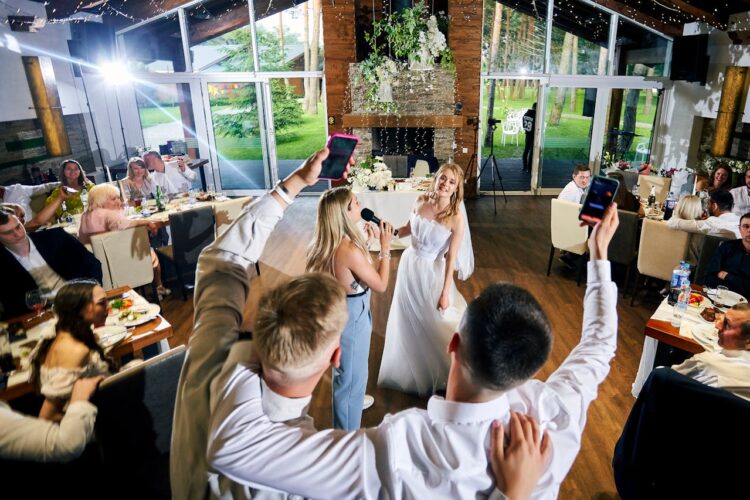
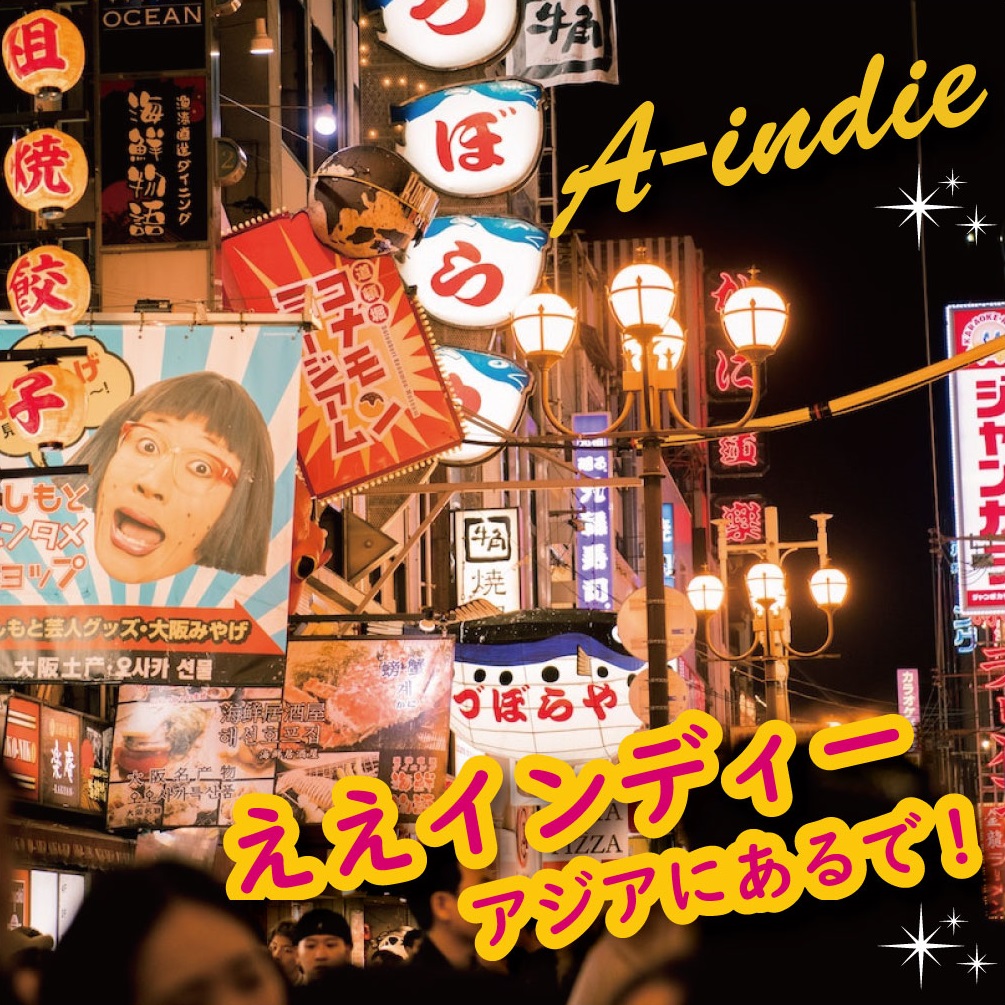

 - is a music media platform run by BELONG, a Japanese music organization. We publish music articles with a focus on indie music.
- is a music media platform run by BELONG, a Japanese music organization. We publish music articles with a focus on indie music.